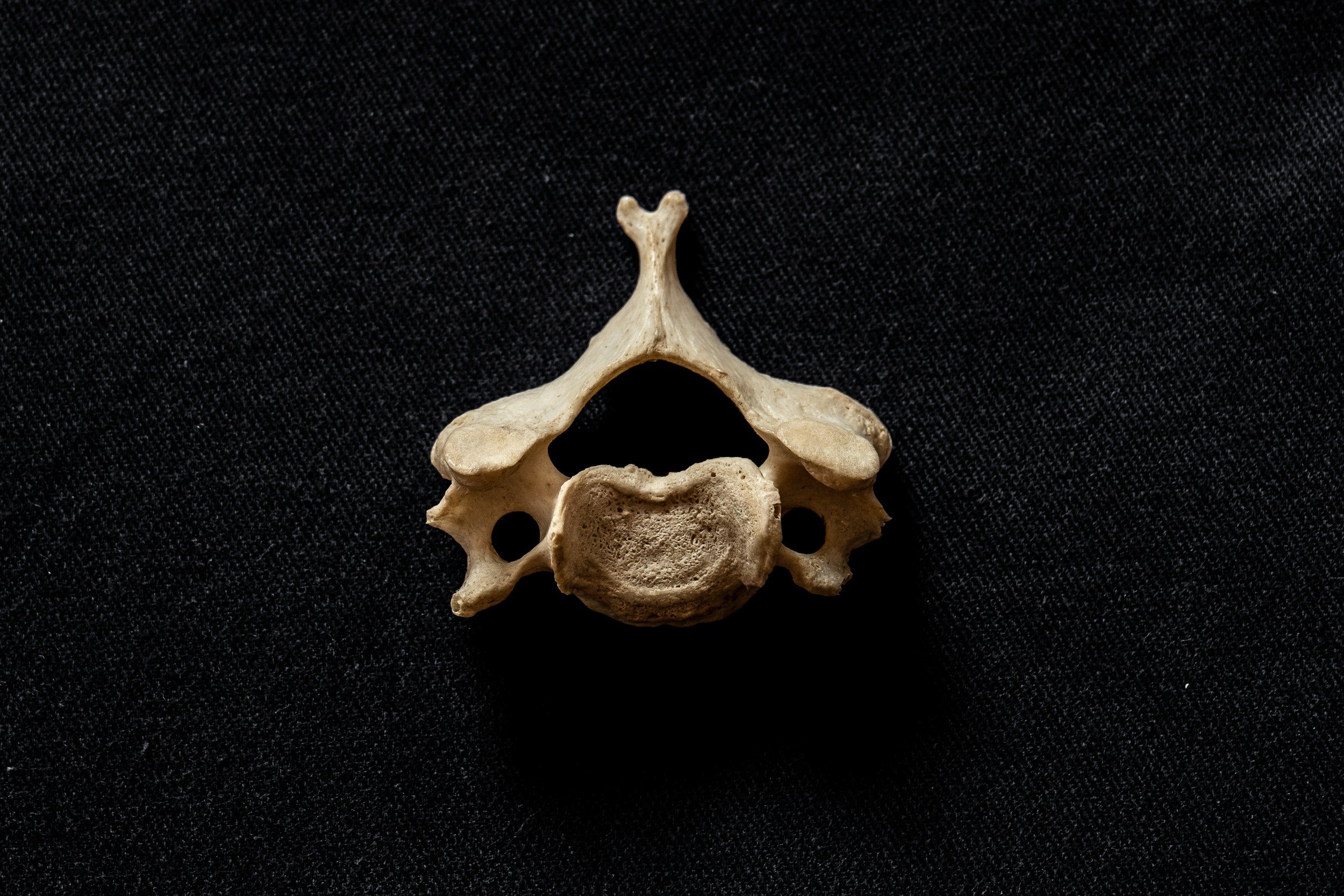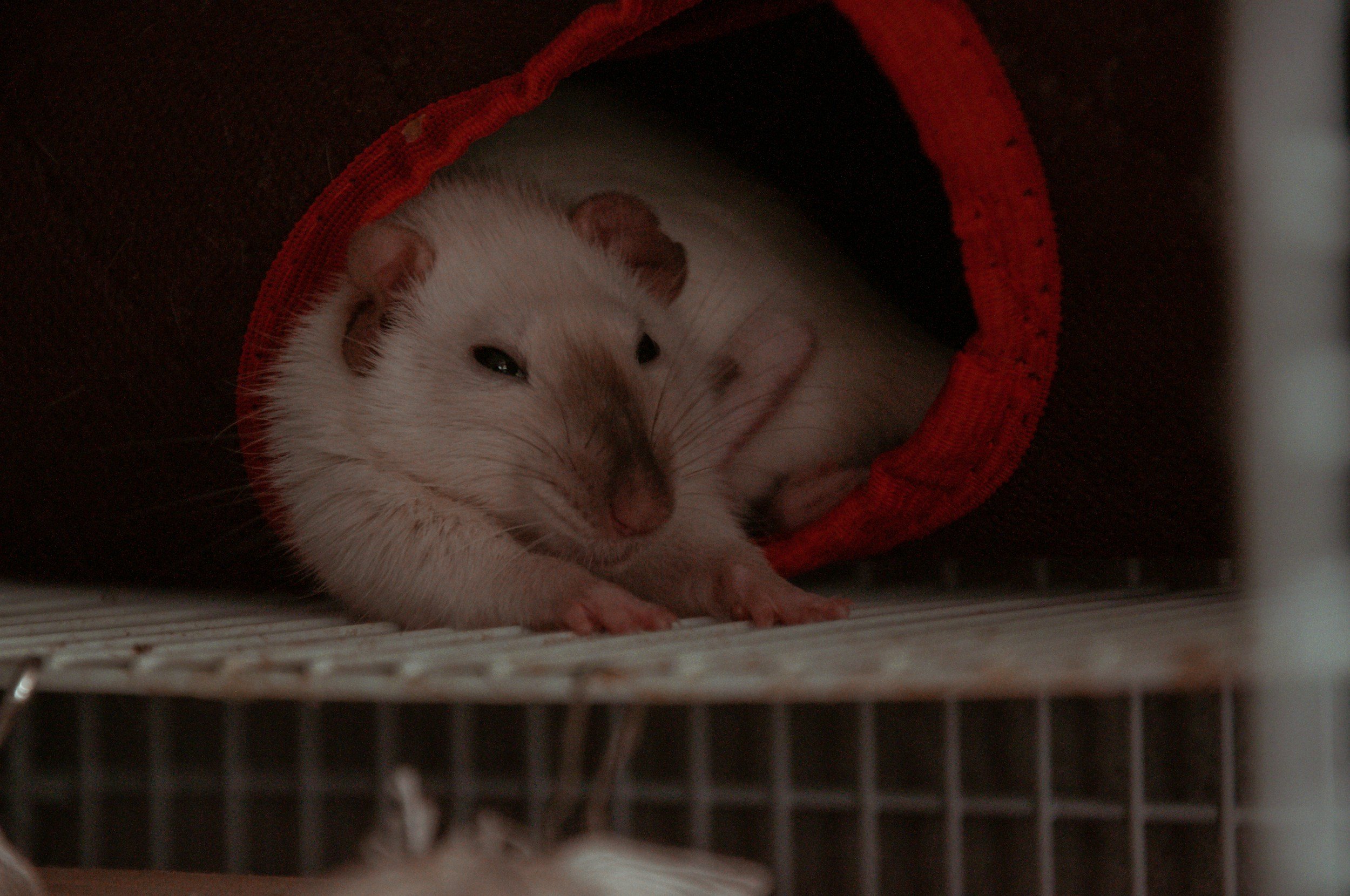Blogues de l’équipe DÉSIR
De la conception des traitements à la compréhension des divers types de cancer, nos blogues fournissent un aperçu actuel de la recherche et des soins aux patients.

Images are More Than Just Pictures, They’re Data!
By: Tricia Chinnery, BSc
Medical imaging, such as CT, Magnetic Resonance Imaging (MRI), and Positron Emission Tomography (PET), are commonly used to diagnose and treat disease. With advancements in medical image analysis, it is now possible to extract numbers from standard medical images. This numerical data could not only help provide information that is not visible to physicians’ eyes but help predict outcomes for patients as well.

Eliminating Salmonella with CRISPR-Cas9 and bacterial conjugation
By: Seung (Joon) Kim, BSc.
Having the wrong kinds or species of bacteria within our microbiome often leads to conditions like diarrhea or inflammation. Furthermore, studies have found that certain species of bacteria are associated with obesity, inflammatory bowel disease, and even colorectal cancer (Cho & Blaser, 2012). The key obstacle to therapeutically establishing the balance between “good” and “bad” bacteria is to find new ways to selectively modulate the microbiome—selectively eliminating Salmonella.

Improving internal radiation treatment of cervical cancer with 3D imaging
In 2020, 1350 Canadian women were diagnosed with cervical cancer, accounting for 1.3% of all female cancers and 1.1% of female cancer-related deaths. For the women diagnosed with cervical cancer, various treatment options are available depending on the type, stage, and extent of the disease.

The role of animal models in cancer research
As cancer researchers, we understand the importance of knowing as much as possible about the disease in order to develop treatments and help patients. However, cancer is not a simple disease. Medical research has, and continues to impact our greatest medical problems, and animal models are an essential part of this research.

The Potential for Protons in Pediatrics
By: Dr. Madeleine Van de Kleut, PhD
Radiation treatment to the brain, especially the developing brain of children, can lead to long-term impairment. This article describes recent research – a first study of its kind – comparing different treatment methods for childhood brain cancer to evaluate their influence on intelligence test scores over time.

